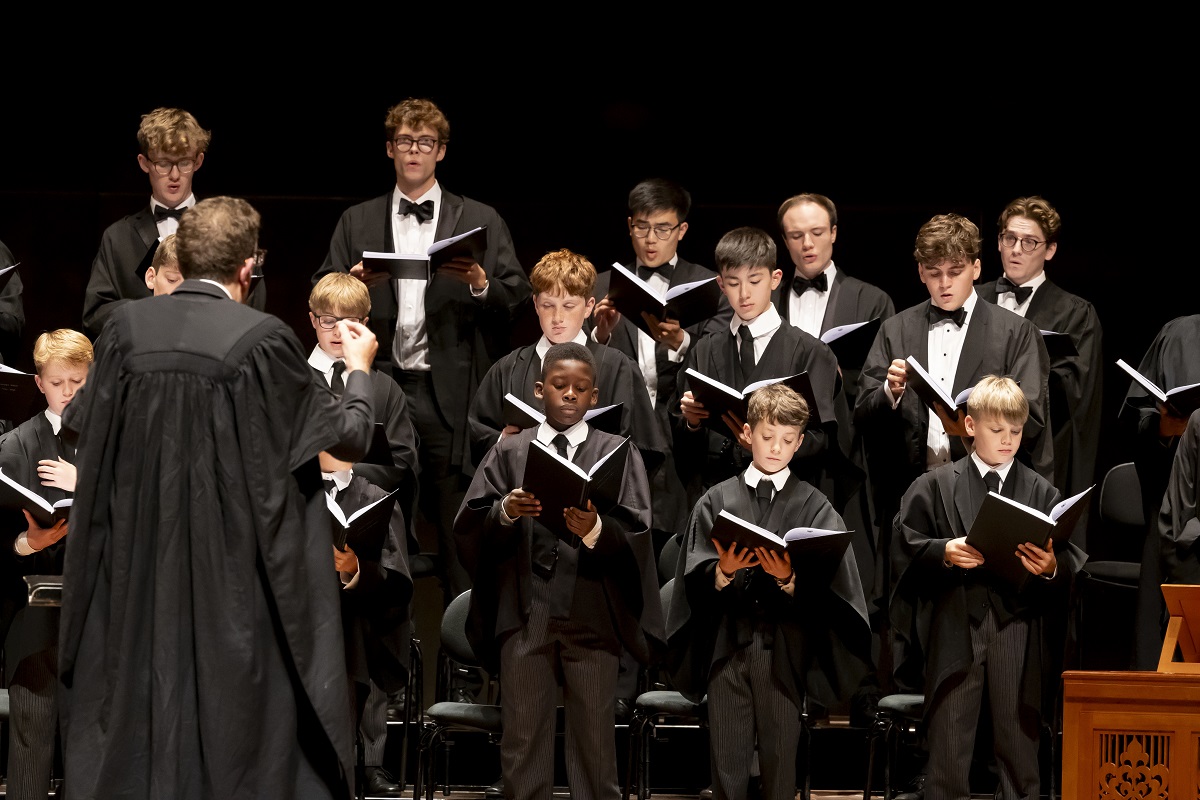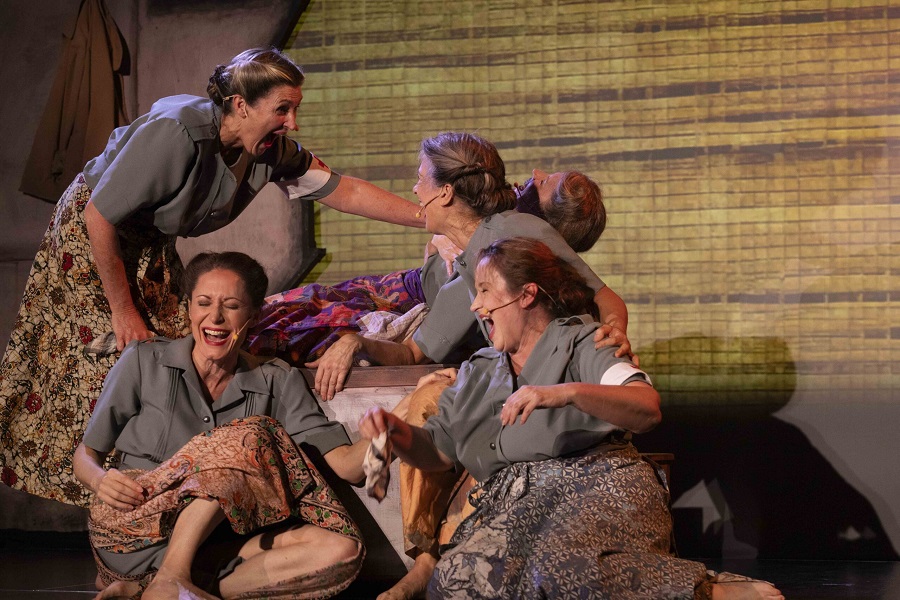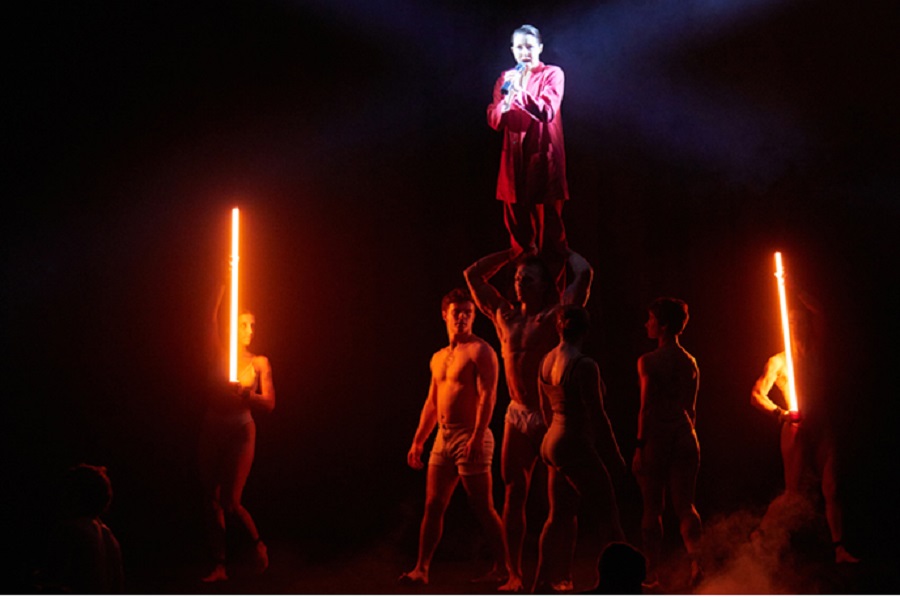
Music / The Choir of King’s College, Cambridge. At Llewellyn Hall, August 3. Reviewed by GRAHAM McDONALD.
The choir of King’s College at England’s Cambridge University is fast approaching its 600th anniversary.
From its beginning it has been based around boy soprano singers, the “choristers”, now 17 in number, with 14 older male alto, tenor and bass singers. The throwaway line of the evening was from musical director Daniel Hyde who introduced the encore as having been written by a former member of the choir, Orlando Gibbons, who died in 1625. That certainly puts the history of the choir in perspective.
The first half of the program was mostly the more traditional early church music with works by Giovanni Gabrieli, John Bull and Thomas Tallis whose 12 minutes of Videte miraculum flowed over and around the listener in a warm musical embrace. A duet from two of the tenors allowed the choir a few minutes rest before another highlight in Four Motets on Gregorian Themes by 20th century French composer Maurice Duruflé. These short works sounded as if they could be a few hundred years old, except for little hints of modernity such as a passing chord with an unexpected harmony that brought them firmly into the modern world.
The first half of the concert concluded with a work commissioned for this tour from Australian composer Damian Barbeler. This is a setting of Charlotte, a poem by Judith Nangala Crispin about her search for her indigenous heritage. It is a confronting work, both lyrically and musically and may have been well served by a little more melody.
The second half of the concert brought a double wind quintet to the stage, two oboes, cor anglaise, two bassoons, three trombones and two trumpets for an instrumental arrangement of American composer Morten Lauridsen’s O magnum mysterium (sung by the Canberra Choral Society here in December last year).
The winds and brass were also used as accompaniment to Igor Stravinsky’s Mass, written in the late 1940s. The five sections of this work were interlaced with four by Judith Weir, the Master of the King’s Music. These were a quite peculiar setting of Psalm 148, accompanied by a solo trombone and a setting of three poems by a 17th century English poet. This was an unusual combination of voices and instruments that the singers and instrumentalists performed excellently.
There is a delightful quality to the voices of boy sopranos that works especially well in music written for those voices in mind and it was certainly a privilege to hear such tight and crisp singing throughout from this choir.
Who can be trusted?
In a world of spin and confusion, there’s never been a more important time to support independent journalism in Canberra.
If you trust our work online and want to enforce the power of independent voices, I invite you to make a small contribution.
Every dollar of support is invested back into our journalism to help keep citynews.com.au strong and free.
Thank you,
Ian Meikle, editor








Leave a Reply